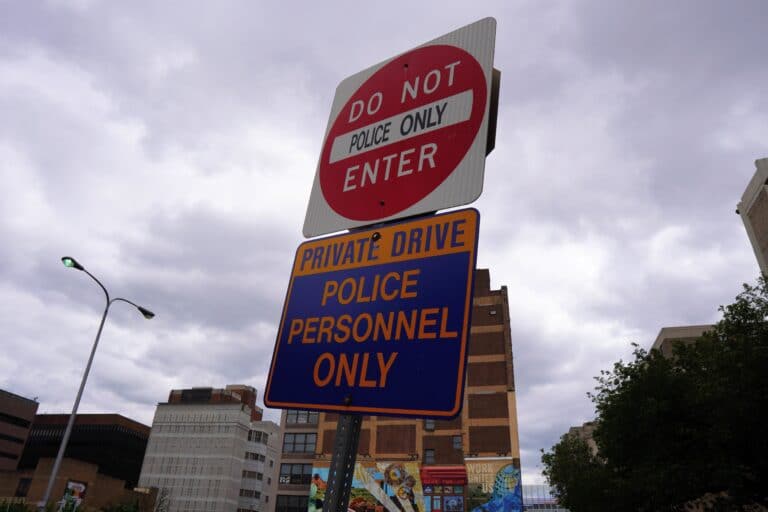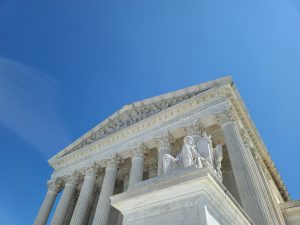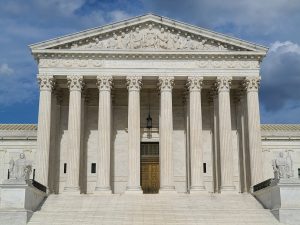New York has drastically expanded its list of gun-free zones without precisely defining them, creating problems for local authorities and gun owners.
In the aftermath of the landmark Bruen decision, New York passed the Concealed Carry Improvement Act, prohibiting all permit holders from carrying in “sensitive locations” ranging from public parks to schools. Confusion ensued because what qualifies as a “sensitive location” is broad and sometimes ill-defined, putting the onus on local authorities to not just enforce the law but also define it.
“There’s going to be challenges,” Oleg Chernyavsky, assistant deputy commissioner of legal matters for the NYPD, told The City. “The existing law for ‘proper cause’ was over 100 years old. Any change to a law that predates all of us is going to be a challenge.”
The confusion will likely result in even more litigation for the state. Other restrictions on gun carry have already drawn multiple lawsuits. Those cases are just part of the recent flurry of legal action the state is facing over its aggressive gun laws.
Emblematic of the confusion is Times Square. The bill calls the area a sensitive location but fails to define it, so the NYPD is left to decide the exact point where a concealed-carrier is in “Times Square.” Levine said the state must be aware they’re inviting a series of legal fights.
“On ‘sensitive places’, they’re shooting for the moon,” Jerold Levine, an experienced gun-rights lawyer in New York, told The City. “They know that they’re going to get challenged on this.”
And it’s not just the rules around “sensitive places” that have bedeviled local law enforcement. The state’s new statutory requirement for “good moral character” had Oneida County assistant pistol licensing officer Dan Sullivan saying that following the full procedure required to issue a license is “not a possible task.”
New York’s law also makes all private businesses presumptive gun-free zones. Carry will only be allowed inside if a business posts a sign expressly approving of it, which Levine argued opens the door to problems with discrimination.
“If somebody gives verbal consent to people, they have to do it to everybody,” Levine told the publication. “They just can’t pick and choose, because then you get into issues of discrimination.”
The surge of litigation could soon turn into a flood, Levine argued.
“Almost every one of these things will be challenged,” he said.






